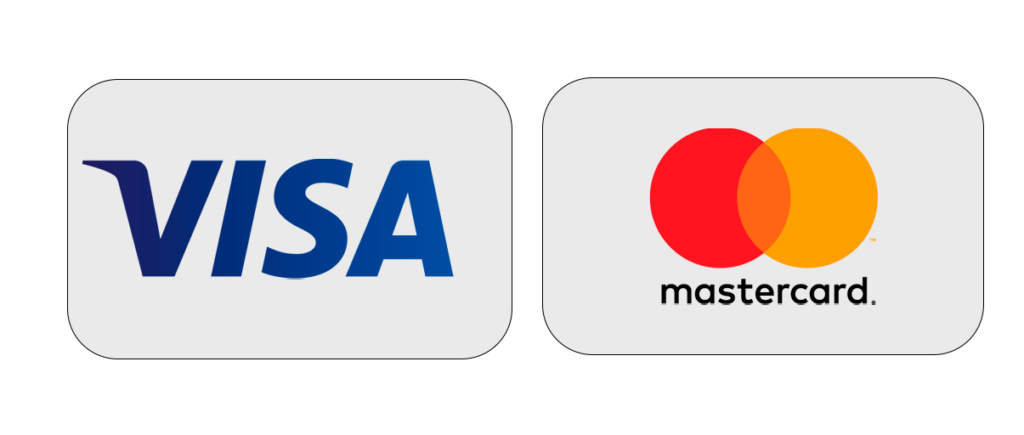
Proprietary trading firms, or prop firms, represent a unique opportunity in the financial world, offering skilled traders access to significant capital and the chance to profit from market volatility. These firms are hubs of opportunity and innovation, providing resources that allow traders to maximize their potential.
In this guide, we’ll unravel the workings of prop firms, highlight the benefits they offer, and dissect the types of firms to help you choose the right one for your trading aspirations.
Table of Contents
What Are Proprietary Trading Firms?
At their essence, proprietary trading firms trade financial instruments like stocks, forex, and derivatives using their own capital. Unlike brokers, who execute trades on behalf of clients, prop firms empower traders to use the firm’s resources to make trades. The goal? Generating profits for both the trader and the firm.
Prop traders aren’t your average investors. They are skilled professionals adept at analyzing market trends, making rapid decisions, and managing risks. By using firm-provided capital, these traders can take larger positions, amplifying both potential rewards and risks.
The Benefits of Trading with Prop Firms
Trading through proprietary firms offers numerous perks that make them attractive, especially to ambitious and skilled traders:
1. Profit Sharing
Prop firms implement profit-sharing models where traders keep a portion of the profits they generate. This incentivizes performance and can lead to substantial earnings. For example, some firms, like OFP Funding, allow traders to keep up to 80% of their profits, making the arrangement a win-win for both parties.
2. Access to Capital
One of the most significant barriers for retail traders is a lack of sufficient capital. Prop firms solve this by providing traders with access to large amounts of trading capital. This allows traders to take bigger risks and potentially earn higher returns without risking their personal funds.
3. Advanced Trading Tools and Technology
Proprietary trading firms invest in state-of-the-art trading platforms, algorithms, and analytical tools. These resources give traders an edge in the fast-moving financial markets, ensuring precise execution and better market insights.
4. Training and Support
Legitimate prop firms offer comprehensive training programs for traders of all experience levels. These programs focus on technical analysis, risk management, and trading psychology. Continuous support ensures traders can adapt to market changes and improve their strategies over time.
Types of Proprietary Trading Firms
Not all prop firms are created equal. While some provide genuine opportunities, others may not have traders’ best interests at heart. Here’s a breakdown of the different types:
1. Scam Firms
These firms prey on unsuspecting traders with promises of high returns and low barriers to entry. They often have opaque terms, hidden fees, or unrealistic claims. For example, they may require large deposits with no intention of allowing withdrawals. To avoid these scams, thoroughly research any firm and look for genuine reviews and regulatory credentials.
2. Casino-Model Firms
Casino-model firms charge traders hefty monthly fees to access their platforms and resources. While they may offer basic guidelines and rules, their focus often leans toward collecting subscription fees rather than fostering traders’ success. Although these firms aren’t inherently fraudulent, their business model may not prioritize traders’ growth.
3. Legitimate Firms
These are the gold standard in the industry. Legitimate proprietary trading firms invest in their traders, offering fair profit-sharing agreements, robust training programs, and a supportive environment. They typically have transparent fee structures and are invested in the long-term success of their traders.
How to Choose the Right Prop Firm
Choosing a prop firm is one of the most important decisions for any trader. Here’s how to evaluate your options:
1. Research Reputation
Look for online reviews, testimonials, and regulatory information about the firm. A reputable firm will have a history of satisfied traders and transparent dealings.
2. Examine Profit-Sharing Models
The profit split is a critical aspect. Ensure the firm offers a fair arrangement that rewards your efforts appropriately.
3. Review Fee Structures
Legitimate firms have clear and upfront fee structures. Avoid firms with excessive monthly fees or unclear conditions that could eat into your earnings.
4. Evaluate Training and Support
If you’re a beginner or even an intermediate trader, robust training and ongoing support can make all the difference. Look for firms that prioritize trader development.
5. Test with a Small Account
Many firms offer evaluation phases or demo accounts. Start small to gauge their systems and ensure the partnership aligns with your goals.
Why Prop Firms Matter in Today’s Financial Ecosystem
Proprietary trading firms play a vital role in the modern trading landscape. They democratize access to capital, allowing skilled individuals to participate in high-stakes trading without requiring personal wealth. Moreover, they drive market innovation by fostering talent and developing cutting-edge tools and strategies.
For traders, prop firms represent more than just access to funds—they are gateways to a dynamic career in trading, offering growth, challenges, and potentially significant rewards.
Final Thoughts
The world of proprietary trading is filled with opportunities, but success depends on understanding how these firms operate and selecting the right one for your goals. By focusing on reputable firms that align with your values, you can navigate the complex financial markets with confidence and increase your chances of achieving long-term success.
Whether you’re an aspiring trader or an experienced one seeking new challenges, prop firms offer a path to leverage your skills and capitalize on market opportunities. Choose wisely, trade smartly, and let your expertise shine.
Ready to Elevate Your Trading with Higher Leverage and Customizable Profit Split Options? CLICK THE BUTTON BELOW and customize your Instant Funded account with OFP Funding today!






